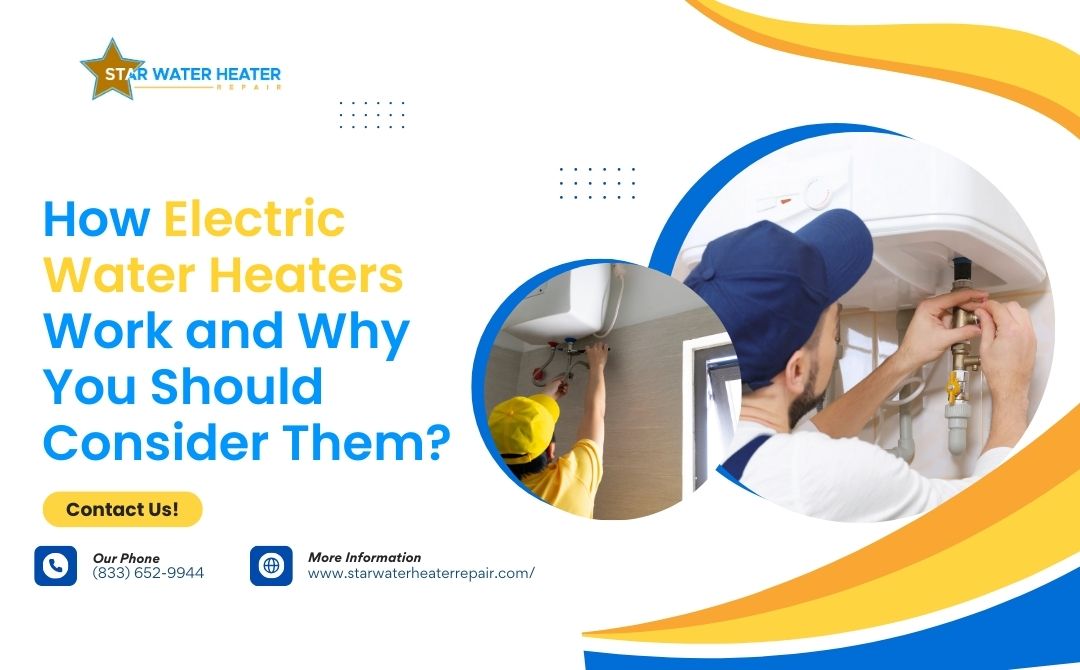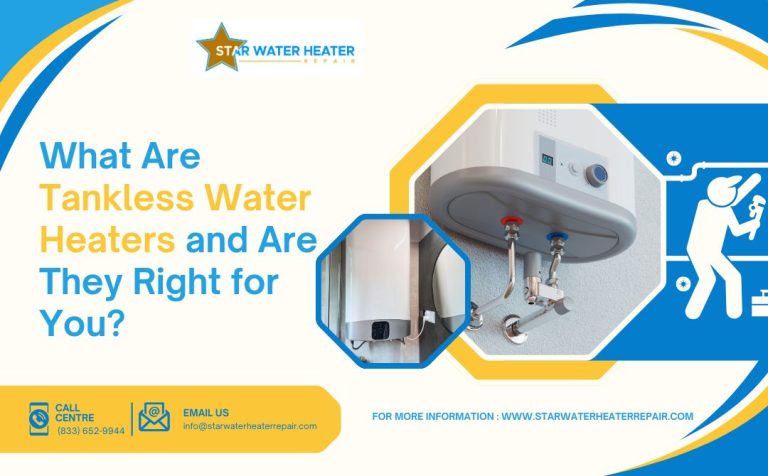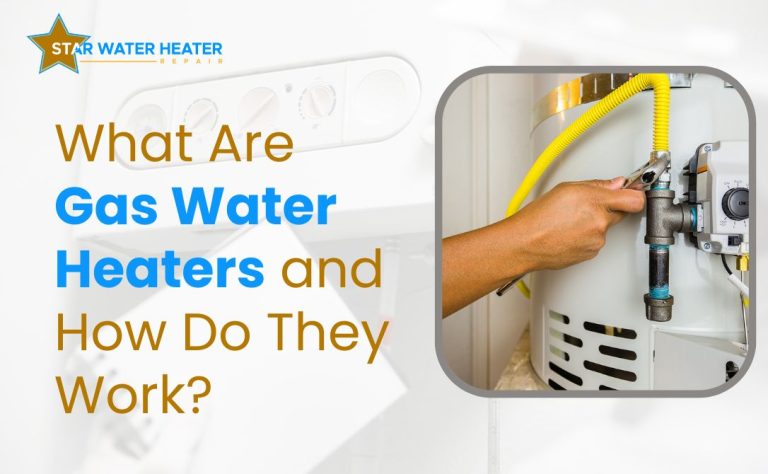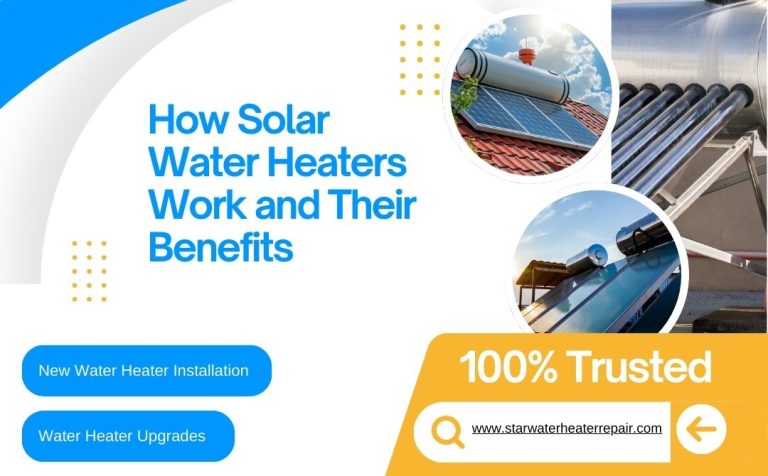How Electric Water Heaters Work and Why You Should Consider Them?
Electric water heaters offer an energy-efficient solution for modern households seeking cost savings and sustainability. With advancements in heating technologies, these systems provide flexible options tailored to various home layouts, energy preferences, and hot water needs.
Today, you will learn the mechanics behind electric water heaters and examine their unique advantages. If you’re considering an upgrade, read on to determine whether an electric water heater might fit you.
What are electric water heaters and how do they work?
Electric water heaters use electrical energy to provide a steady supply of hot water for household needs like bathing and cleaning. They heat cold water with electric elements, then store or deliver it on demand. Unlike gas heaters, they don’t rely on combustion, making them safer and often more efficient. Available in tank or tankless models, they can suit different usage levels and home sizes. Advanced options, like heat pump water heaters, offer even higher efficiency by transferring heat from the surrounding air, reducing energy use and environmental impact.
Here’s how the electric water heater works:
- Cold Water Entry: Cold water enters the tank or system when the heater is activated.
- Heating Elements: Electric heating elements, typically made of metal, heat up as electricity passes through them.
- Heat Transfer: The elements transfer heat to the surrounding water until it reaches the desired temperature.
- Thermostat Control: A thermostat monitors water temperature, turning the heater off once the set temperature is achieved.
- Delivery: When a hot water tap is turned on, the heated water flows out from the top of the tank or is heated on demand in tankless models.
You can also read: Water Heater Safety Tips for Homeowners
Comparing Electric Water Heaters and Gas Water Heaters for Energy Savings
Electric models often offer a more streamlined installation when comparing electric and gas water heaters, with no need for gas lines or venting. Additionally, electric water heaters typically:
| Feature | Electric Water Heater | Gas Water Heater |
| Energy Efficiency | Higher efficiency due to minimal heat loss. | Lower efficiency; experiences heat loss through vents. |
| Installation Cost | Lower; no need for gas lines or venting. | Higher due to venting and gas line requirements. |
| Maintenance | Low maintenance with fewer components to service. | Moderate; requires regular checks for combustion components. |
| Environmental Impact | Cleaner, especially when powered by renewables. | Higher emissions due to natural gas combustion. |
| Lifespan | Typically 10-15 years; heat pumps may last longer. | Around 8-12 years, affected by combustion wear. |
| Safety | No combustion risk, eliminating carbon monoxide concerns. | Requires venting to manage carbon monoxide risk. |
The Benefits of Choosing Electric Water Heaters: Safety, Efficiency, and Cost Savings
Electric water heaters have unique benefits that make them an appealing choice for households focused on safety, ease of maintenance, and efficiency:
- Energy Efficiency: Electric water heaters generally have higher efficiency than gas models due to minimal heat loss, especially in tankless and heat pump options.
- Lower Installation Costs: Installation is typically simpler and less expensive, as electric models don’t require venting or gas lines, making them suitable for a wide range of home layouts.
- Safety: Electric water heaters eliminate the risk of gas leaks or carbon monoxide exposure, providing a safer choice for indoor installations.
- Environmentally Friendly: Electric heaters can integrate with renewable energy sources, significantly reducing a home’s carbon footprint compared to gas options.
- Low Maintenance: Fewer moving parts and no combustion elements make electric water heaters easier to maintain, reducing the likelihood of breakdowns and costly repairs over time.
Should You Switch to an Electric Water Heater?
Switching to an electric water heater can be a smart choice for homeowners seeking innovative solutions for water heating. Electric water heaters, especially electric tankless water heaters, provide hot water on demand, significantly reducing standby heat loss and lowering operating costs.
By heating water only when needed, tankless models are ideal for energy-conscious households, as they minimize energy usage and effectively cut down on energy costs. Additionally, electric water heaters are often easier to install and maintain, requiring no gas lines or ventilation, making them safer and more convenient.
To enhance efficiency, various water heater accessories, such as timers and insulation blankets, can further reduce costs and improve performance. For those considering a transition, electric hot water heaters offer a range of energy-efficient options, from compact point-of-use units to full-sized models designed for households of all sizes.
Wrapping It!
Electric water heaters offer a range of efficient, safe, and versatile options for modern homes. From energy-saving heat pumps to compact tankless models, there’s an electric water heater for every household’s needs and budget. With minimal maintenance requirements, easy installation, and no need for venting, they’re a practical solution for homeowners focused on reducing their carbon footprint and energy expenses.
Ready to upgrade? Contact Star Water Heater today to explore high-efficiency models that fit your lifestyle and energy goals. Let us help you find the right system to keep your home warm and your costs low.




